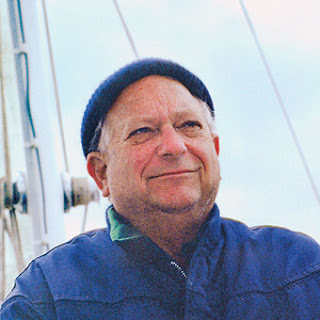Jack Vance (1916-2013) was an American writer of science fiction and fantasy, widely regarded as one of the most important and influential writers in the genre. He was born in San Francisco and grew up in the Bay Area, where he studied mining engineering at the University of California, Berkeley. After serving in the U.S. Merchant Marine during World War II, Vance worked as a bellhop, a copper miner, and a seaman before turning to writing full-time in the early 1950s.
Vance's early stories appeared in pulp magazines like Thrilling Wonder Stories and Astounding Science Fiction, and he quickly gained a reputation for his inventive world-building, complex plots, and distinctive prose style. His first novel, "The Dying Earth" (1950), established him as a major new talent in the field of science fiction and fantasy. He went on to write more than 60 novels and numerous short stories over the course of his long career.





